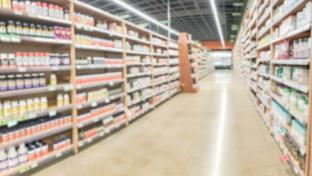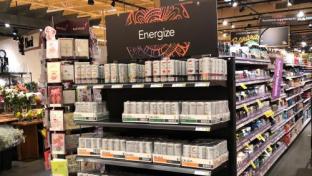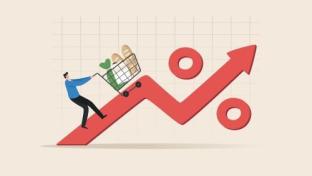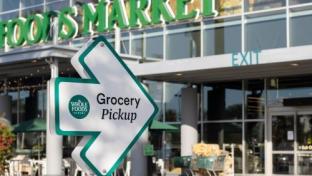Tapping Into CBD’s Positive Role in Personal Well-Being
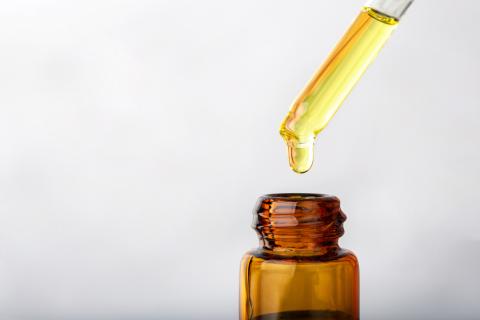
Published sales projections point to a $ 26.4 billion CBD market by 2025, up from $4.6 billion in 2020. Generally, consumers report high satisfaction and positive impressions of nonintoxicating hemp-derived cannabidiol (CBD). Despite strong consumer demand and perceived efficacy, the CBD market has sustained its share of disruption during the COVID-19 pandemic. Concerns and uncertainty in the broader economy, including looming fears of recession, heightened gas prices and rising interest rates, may hamper CBD sales growth and consumers’ willingness to spend in the short term. Retailers, however, can capitalize on shopper reorientation toward wellness and CBD’s positive role in personal well-being.
Why Do Consumers Use CBD?
According to a study by cannabis industry data, analytics and technology firm New Frontier Data that was published in May 2021, the primary reasons cited for CBD use among consumers can be divided into four categories: pain management (41%); unwinding (33%), including anxiety reduction, relaxation and stress relief; general wellness (18%), including improved sleep quality, mood enhancement and feeling more energized; and medical (9%), to treat a medical condition, aid gastrointestinal distress, manage negative effects of other medications or reduce spending on other medications. Overall, the medical consumer segment spends more compared with the other types of users and is far more likely to consist of habitual daily users who develop brand loyalty to products that effectively meet their needs.
What Drives CBD Trial?
Social influence and peer reinforcement are prime drivers of CBD trial. In fact, a majority (66%) of consistent CBD consumers have friends or family who also consume CBD. One noteworthy observation is that users who receive CBD recommendations themselves are more likely to recommend CBD to others. This type of influence can be powerful, as 84% of users report having CBD recommended to them by someone they know. In addition, anecdotal discussions with friends and family help to introduce various forms and brands of CBD. Retailers that provide a forum for CBD consumers to ask questions and share testimonials may reap the benefits of social influence in the form of increased sales.
Educate and Curate
The differences between the various forms of CBD, including full-spectrum, broad-spectrum, whole-plant or isolate, are significant in terms of composition and the manner in which the body responds. Delivery methods vary as well, from popular oils, tinctures and topicals, to pills, capsules, edibles and beverages. Consumers want help understanding the differences to be able to make informed purchasing decisions. Because more than half of existing CBD consumers have yet to identify a preferred brand of CBD, the door is wide open for grocery retailers to educate about and curate high-quality, trusted CBD products with the highest standards of purity and dose consistency to capture shopper loyalty and share of wallet.
Edibles, Pet and Synthetics
As the CBD market matures and consumer confidence and acceptance regarding CBD broaden, innovation is expected, particularly in the edibles market, which includes candy, gummies, beverages and more. The evolving pet CBD market, aimed at inducing calm, soothing anxiety and helping to manage pain, is another area poised for growth. Research supporting safe dosing and efficacy among pets of various breeds and weights is needed, as well as the acceptance and support of the veterinary community. Meanwhile, among current CBD users, eight out of 10 voice concerns about the quality and accuracy of dosing of plant-derived CBD. Synthetic forms of CBD, currently in development, may provide much-needed consistency and help to pave the way for new avenues of delivery.


